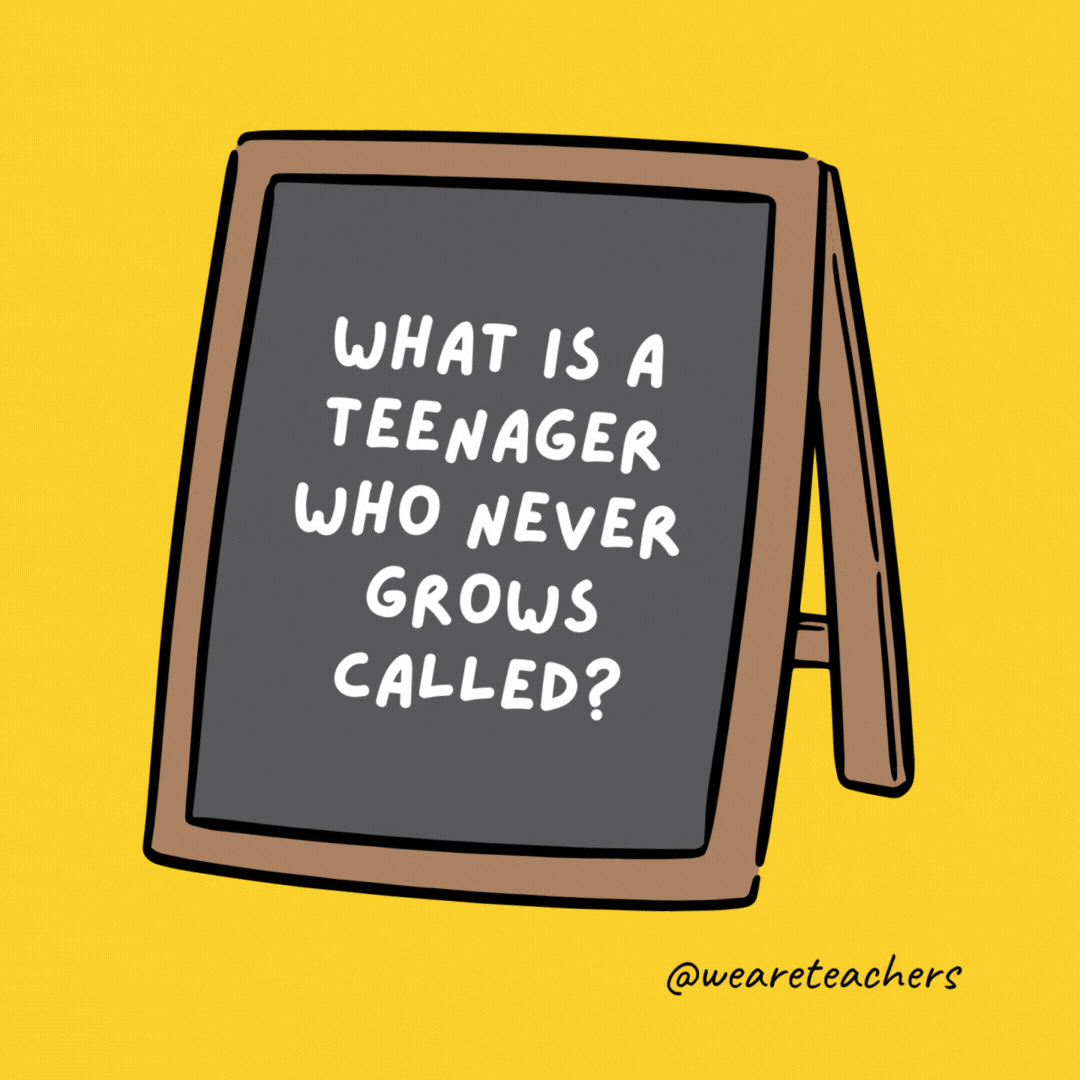Exploring 9/11 Jokes And Humor: A Sensitive Yet Thoughtful Perspective
The topic of 9/11 jokes and humor has always sparked controversy, with many questioning whether it is appropriate to joke about such a tragic event. The 9/11 attacks were a deeply painful moment in history that left a lasting impact on millions of people around the world. However, humor, even in its darkest forms, has long been a way for people to cope with difficult situations.
While some find solace and healing through laughter, others may view jokes about such a sensitive subject as disrespectful. In this article, we aim to explore the nuances of 9/11 humor, its role in society, and the boundaries that surround it. Understanding the context and sensitivity behind these jokes is crucial in navigating this complex topic.
By discussing the psychology of humor, cultural differences, and the importance of empathy, we hope to provide readers with a balanced perspective. This article is not about promoting insensitive jokes but rather understanding the role of humor in processing trauma and building resilience.
Read also:How Many Biological Kids Does Pete Hegseth Have Exploring The Family Life Of A Prominent Figure
Table of Contents
- Understanding the Role of Humor in Healing
- The Psychology Behind Dark Humor
- Cultural Perspectives on 9/11 Jokes
- When Does Humor Become Offensive?
- Famous Examples of 9/11 Jokes
- The Impact of Timing in Humor
- The Role of Comedy in Social Commentary
- Legal and Ethical Considerations
- Balancing Sensitivity and Free Speech
- Conclusion: Moving Forward with Empathy
Understanding the Role of Humor in Healing
Humor has long been recognized as a powerful tool for coping with trauma and adversity. For many, laughter serves as a form of release, helping individuals process emotions and reduce stress. In the context of 9/11 jokes, this form of humor can be seen as a way to reclaim power over a situation that once felt overwhelming.
Studies have shown that humor can increase resilience and improve mental health. However, it is essential to recognize the line between constructive humor and offensive content. The key lies in understanding the audience and the context in which the joke is being told.
For example, humor shared within a community that has experienced a tragedy may serve as a form of solidarity and healing, while the same joke told outside of that context could be perceived as insensitive.
The Psychology Behind Dark Humor
Dark humor, including 9/11 jokes, often arises from a psychological need to confront and make sense of tragedy. Psychologists suggest that this type of humor can help individuals distance themselves emotionally from a painful event, allowing them to process it in a less threatening way.
Why Do People Find Dark Humor Funny?
- It challenges societal norms and taboos.
- It provides a sense of control over uncontrollable situations.
- It fosters a sense of community among those who share similar experiences.
Research from sources such as the Psychology Today highlights the importance of timing and context in determining whether dark humor is appropriate. While some may find it cathartic, others may feel alienated or hurt by the same joke.
Cultural Perspectives on 9/11 Jokes
Cultural differences play a significant role in how humor is perceived, especially when it comes to sensitive topics like 9/11. What may be considered acceptable in one culture could be seen as highly offensive in another. Understanding these differences is crucial in navigating the world of 9/11 humor.
Read also:Shows Similar To The Summer I Turned Pretty Dive Into Bingeworthy Series
Cultural Differences in Humor
- In some cultures, humor is used as a way to bridge divides and promote understanding.
- In others, it may be viewed as disrespectful or inappropriate, particularly when discussing historical tragedies.
For instance, in the United States, comedy has often been used as a form of social commentary, addressing issues such as politics, war, and terrorism. However, in countries where the memory of 9/11 is still fresh, jokes about the event may be met with resistance.
When Does Humor Become Offensive?
While humor can be a powerful tool for healing, it can also cross the line into offensive territory. Determining when a joke becomes inappropriate requires an understanding of the audience, the context, and the intent behind the humor.
Factors That Influence Offensiveness
- Timing: Jokes made too soon after a tragedy may be perceived as insensitive.
- Intent: Humor intended to mock or belittle victims is more likely to be seen as offensive.
- Audience: The cultural and personal background of the audience plays a significant role in how a joke is received.
Experts suggest that humor should aim to unite rather than divide. By focusing on shared experiences and promoting empathy, comedians and individuals can create content that is both funny and respectful.
Famous Examples of 9/11 Jokes
Over the years, several high-profile comedians have tackled the topic of 9/11 in their routines. While some have been praised for their insightful commentary, others have faced backlash for crossing the line.
Notable Examples
- George Carlin: Known for his sharp wit and social commentary, Carlin addressed 9/11 in a way that challenged societal norms.
- Louis C.K.: His jokes about 9/11 sparked debate, with some praising his honesty and others criticizing his insensitivity.
- Chris Rock: Rock's take on 9/11 highlighted the absurdity of certain political responses to the tragedy.
These examples demonstrate the complex relationship between humor and tragedy, showcasing how different comedians approach the subject in unique ways.
The Impact of Timing in Humor
Timing is one of the most critical factors in determining whether a joke about 9/11 is appropriate. Jokes made too soon after the event may be seen as insensitive, while those told years later may be more readily accepted as part of the healing process.
Research from PubMed suggests that the passage of time allows individuals to process their emotions and gain perspective on a tragedy. This increased distance can make it easier to laugh at previously painful subjects.
However, it is important to remember that everyone processes trauma differently. What may feel like a safe time for one person could still be a sensitive period for another.
The Role of Comedy in Social Commentary
Comedy has long been used as a form of social commentary, addressing issues such as inequality, war, and political corruption. In the case of 9/11 jokes, humor can serve as a way to critique societal responses to the tragedy and highlight underlying issues.
How Comedy Can Promote Change
- By shining a light on uncomfortable truths, comedy can encourage dialogue and foster understanding.
- It can challenge stereotypes and promote empathy by humanizing those affected by the tragedy.
Comedians like Jon Stewart and Trevor Noah have used their platforms to address the aftermath of 9/11, bringing attention to issues such as veteran care and civil liberties. Through their humor, they have sparked important conversations that might not have happened otherwise.
Legal and Ethical Considerations
While freedom of speech allows individuals to express themselves through humor, there are legal and ethical considerations to keep in mind when discussing sensitive topics like 9/11. Laws regarding hate speech and defamation vary by country, making it important for comedians and content creators to be aware of the legal landscape.
Ethical Guidelines for Humor
- Respect the dignity of victims and their families.
- Avoid perpetuating harmful stereotypes or misinformation.
- Consider the potential impact of your words on diverse audiences.
By adhering to these guidelines, comedians and content creators can ensure that their humor is both entertaining and respectful.
Balancing Sensitivity and Free Speech
Striking a balance between sensitivity and free speech is a challenge faced by many in the world of comedy. While it is important to respect the feelings of those affected by 9/11, it is equally crucial to protect the right to free expression.
Some argue that restricting humor about sensitive topics can stifle creativity and prevent important conversations from taking place. Others believe that certain subjects should remain off-limits out of respect for those who have suffered.
Ultimately, the key lies in fostering empathy and understanding, ensuring that humor serves as a tool for connection rather than division.
Conclusion: Moving Forward with Empathy
In conclusion, 9/11 jokes and humor are complex topics that require careful consideration of context, timing, and audience. While humor can play a vital role in healing and social commentary, it is essential to approach sensitive subjects with empathy and respect.
We invite readers to share their thoughts and experiences in the comments section below. By engaging in open and respectful dialogue, we can continue to explore the role of humor in processing trauma and building resilience.
For more insightful articles on psychology, culture, and free speech, be sure to explore our other content and subscribe to our newsletter. Together, we can create a more understanding and compassionate world.


